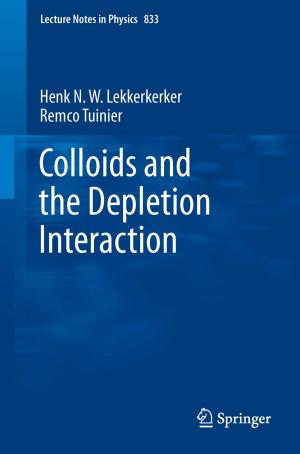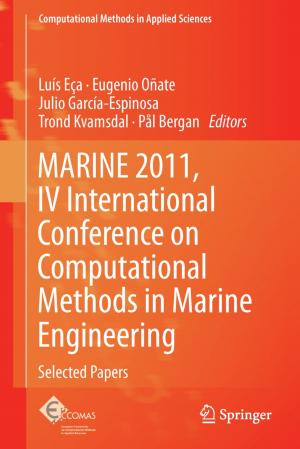Imaging of Hypoxia
Tracer Developments
Nonfiction, Health & Well Being, Medical, Medical Science, Biochemistry, Specialties, Radiology & Nuclear Medicine| Author: | ISBN: | 9789401718288 | |
| Publisher: | Springer Netherlands | Publication: | March 9, 2013 |
| Imprint: | Springer | Language: | English |
| Author: | |
| ISBN: | 9789401718288 |
| Publisher: | Springer Netherlands |
| Publication: | March 9, 2013 |
| Imprint: | Springer |
| Language: | English |
Hypoxia, i.e. insufficient availability of oxygen within the tissue, is a more serious problem than realized in clinical routine work, although a large variety of theoretical and experimental data give clearly proven indications. During incidences and progress of many types of diseases hypoxia may enhance development and progress of the disease and, furthermore, decrease chances of efficient treatment of, e.g., tumors. Hypoxic tumor cells are up to three times more resistant towards radiation therapy than normoxic cells. With a diagnostic tool such as provided by hypoxia tracers suitable for PET and SPECT imaging, the particular tissue situation becomes detectable and, thus, treatable. Although the clinical importance of hypoxia imaging is obviously great, to date neither the clinical nor the scientific community at an international level has focused many research activities on the hypoxia problem.
As the result of a workshop held by the Section for Radiopharmacy in Tübingen, this book collects observations and findings in order to stimulate the on-going research resulting in important clinical applications. Hypoxia imaging is needed in areas of cardiology, neurology and oncology. Additional applications are to be expected in the field of diabetes, infections and organ transplantation. Therefore, the book addresses those who are basically involved in research in radiochemistry and radiopharmacy as well as those dealing with all biological aspects and facing direct clinical applications.
Hypoxia, i.e. insufficient availability of oxygen within the tissue, is a more serious problem than realized in clinical routine work, although a large variety of theoretical and experimental data give clearly proven indications. During incidences and progress of many types of diseases hypoxia may enhance development and progress of the disease and, furthermore, decrease chances of efficient treatment of, e.g., tumors. Hypoxic tumor cells are up to three times more resistant towards radiation therapy than normoxic cells. With a diagnostic tool such as provided by hypoxia tracers suitable for PET and SPECT imaging, the particular tissue situation becomes detectable and, thus, treatable. Although the clinical importance of hypoxia imaging is obviously great, to date neither the clinical nor the scientific community at an international level has focused many research activities on the hypoxia problem.
As the result of a workshop held by the Section for Radiopharmacy in Tübingen, this book collects observations and findings in order to stimulate the on-going research resulting in important clinical applications. Hypoxia imaging is needed in areas of cardiology, neurology and oncology. Additional applications are to be expected in the field of diabetes, infections and organ transplantation. Therefore, the book addresses those who are basically involved in research in radiochemistry and radiopharmacy as well as those dealing with all biological aspects and facing direct clinical applications.















